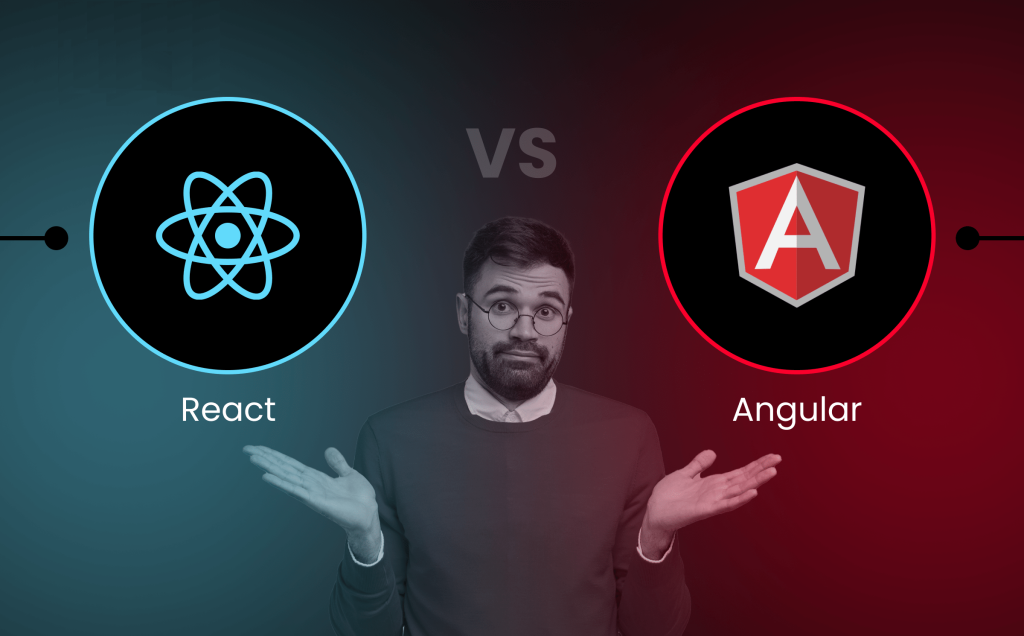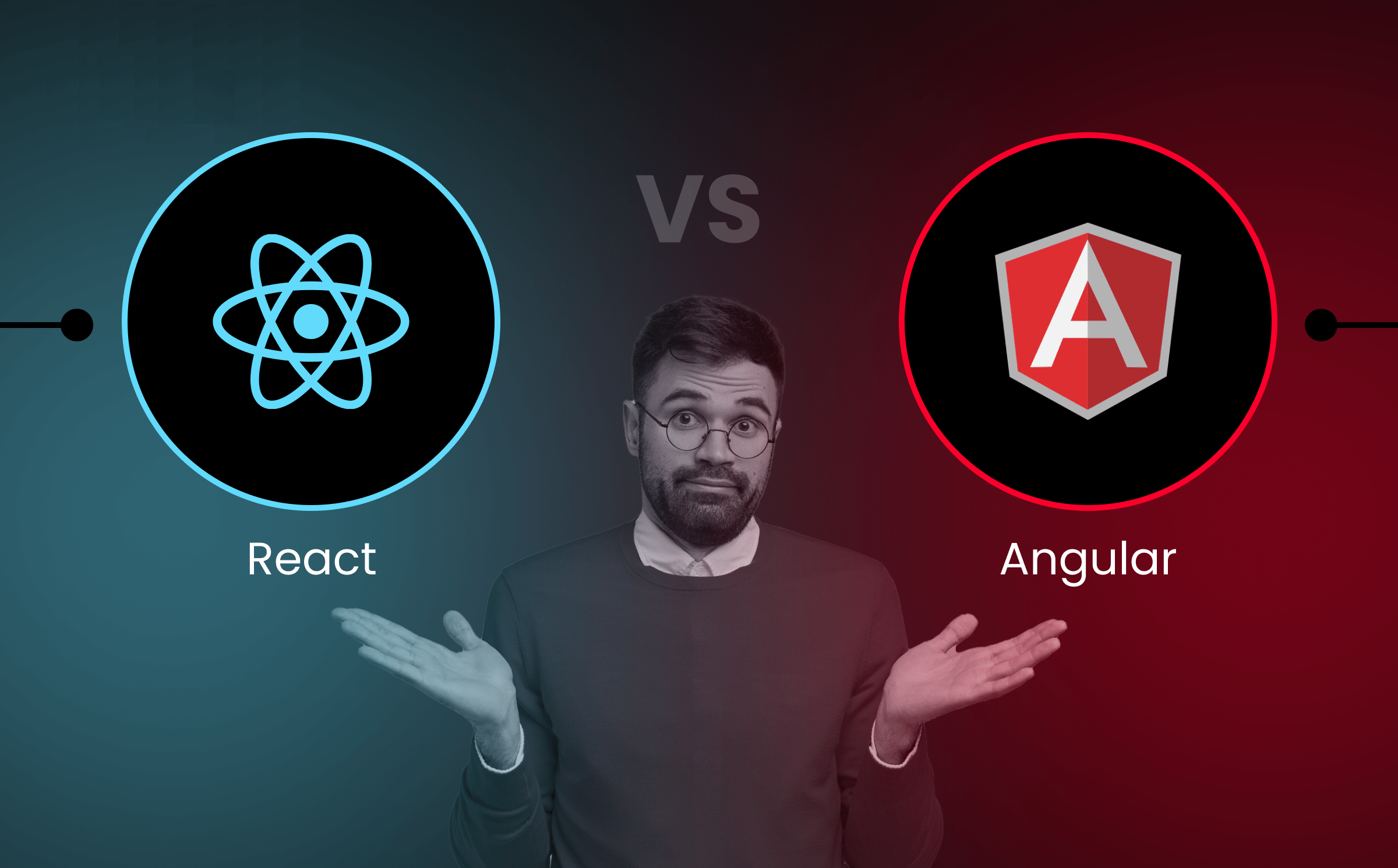Choosing between Angular and React can be a pivotal decision for your web development project!

In the world of modern web development, choosing the right framework is crucial for building robust, scalable, and efficient web applications. Two of the most popular choices among developers are Angular and React. While both have their strengths and weaknesses, today we’re going to explore why Angular might be the superior choice for your next project.
- Comprehensive Solution: Angular is a comprehensive solution provided by Google. It offers a full-fledged framework with all the necessary tools and libraries needed to build a complex single-page application (SPA) right out of the box. React, on the other hand, is more of a library focused solely on the view layer, which means you’ll need to rely on additional libraries and tools to handle routing, state management, and other essential functionalities.
- TypeScript Integration: Angular is built with TypeScript, a superset of JavaScript that adds static typing and other features to the language. This makes Angular projects more maintainable and less error-prone, especially in large codebases. While React also supports TypeScript, it’s not an integral part of the framework, and many React developers still use plain JavaScript or other alternatives.
- Dependency Injection: Angular’s dependency injection system makes it easier to manage dependencies and promotes modular, testable code. React doesn’t have built-in support for dependency injection, which can lead to more complex setups and make it harder to write unit tests.
- Officially Supported: Angular is developed and maintained by Google, which means you can rely on regular updates, extensive documentation, and a vibrant community of developers. React is maintained by Facebook and has a large community as well, but the level of support and resources may not be as extensive as Angular’s.
- Strong Opinionated Framework: Angular is a “batteries included” framework that comes with a set of best practices and conventions out of the box. This can be advantageous for teams looking for a clear structure and guidance on how to architect their applications. React, on the other hand, gives you more flexibility and freedom to choose your own tools and patterns, which can be both a blessing and a curse depending on your team’s experience and preferences.
- Official CLI Tool: Angular provides a powerful command-line interface (CLI) tool that streamlines the development process by generating components, services, modules, and more with just a few commands. While React has similar tools like Create React App, they might not offer the same level of functionality and integration as Angular’s CLI.
Conclusion:
While both Angular and React are excellent choices for building modern web applications, Angular shines in its comprehensive feature set, TypeScript integration, strong opinionated structure, and official support from Google. However, the choice ultimately depends on your project requirements, team expertise, and personal preferences. Consider your options carefully and choose the framework that best aligns with your goals and objectives.







